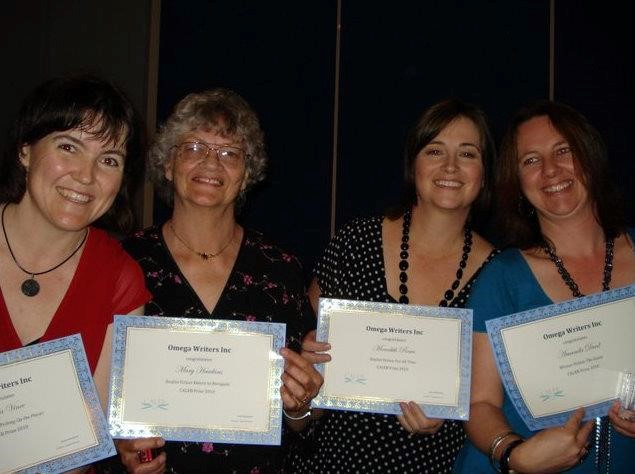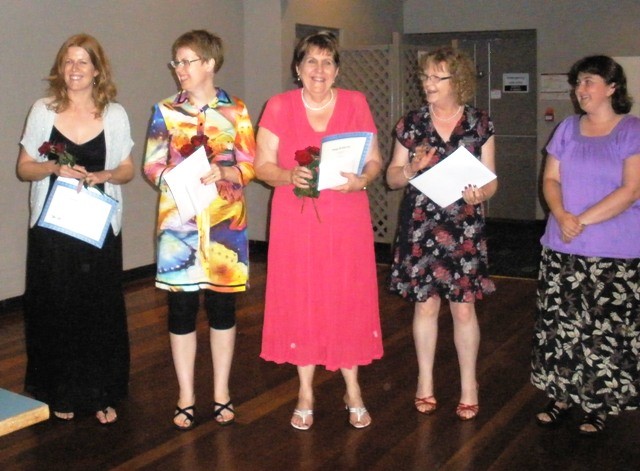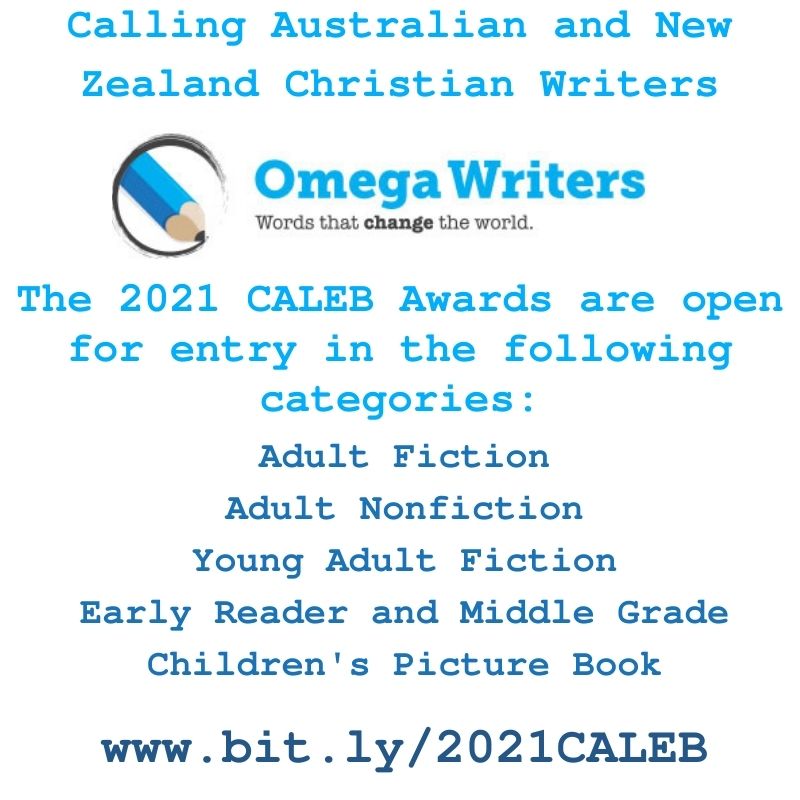Most Thursdays this year we will be interviewing one of the members of Christian Writers Downunder – to find out a little bit more about them and their writing/editing goals.
Today’s interview - Simon Kennedy
Question 1: Tells us three things about who you are and where you come from.
Since graduating from physiotherapy at the University of Queensland in 1998, I’ve had three main careers: physiotherapist, music and film.
I continue to practice physiotherapy, filling in at the army or air force with the odd casual shift. My highlights were working with the Queensland Academy of Sport soccer team and visiting the State of Origin camp (my boss was the Qld team’s physio).
Music took me to some strange stages, including the top of skyscrapers, the back of a semi-trailer, and under the shark tank at Sea World. I was in a rock band while also serving as a worship pastor so would often play in pubs and clubs on Friday and Saturday nights and then in church on Sundays.
Like the Wiggles, I also changed from adult to kids’ performer, and my YouTube channel of kids’ songs, Songs with Simon, now has over half a billion views. That was part of my transition from music to film and has opened up several opportunities to write spec scripts for animated kids shows.
But my biggest success in film/TV so far was to be co-creator of Safe Harbour, an Emmy award winning show.
 |
| Safe Harbour |
Question 2: Tell us about your writing (or editing/illustrating etc). What do you write and why?
I often spend more time writing emails and pitch documents than I do on scripts! Meetings with graphic designers, producers and animation studios are also a big part of the process, and though I enjoy it all (usually!), writing the script is my favourite bit. After all the planning and talking, it’s great to see the story come to life on the page.
I’ve been blessed with opportunities to work with wonderful people and have written for factual feature films, kids comedy/adventure, adult thriller and drama TV shows and movies. For most projects, I look for an underlying kingdom heart, even though I tend to work on general market shows and movies. What kind of themes can I explore underneath the surface action?
Question 3: Who has read your work? Who would you like to read it?
My wife is usually the first person to read my work. She’s not in the industry but I value her encouragement and gentle feedback before sending it out to co-writers, producers and distributors.
One producer I’m excited to be working with is Brian Bird. He made Touched by an Angel and When Calls the Heart and is a perfect fit for a historical adventure/romance show that we pitched to him. Ultimately, I’m looking forward to the audience viewing more of the stories I write but I’ve learned that budgets in the millions tend to lead to a slow development process.
Question 4: Tell us something about your process. What challenges do you face? What helps you the most?
The hardest thing for me is juggling the several projects I have on the go. This month I’ll do a couple of drafts for a kids’ animation show, start pre-production on another series of Songs with Simon, take feedback on my first draft for a medical show set in the outback, and prepare pitches for three or four factual TV shows.
 |
| Twinkle Twinkle Little Star |
If I have time, I’ll write the first draft of a low budget feature and finish post-production on another YouTube series, but I think they might have to wait till March!
Every morning I pray through the day and ask God for guidance. I have regular chats with other friends in the industry, often to be reminded that they’re facing similar challenges and that I’m not alone. And at least once a week, I check in with my wife, a very wise woman, who helps to keep me on track (and sane!).
Question 5: What is your favourite Writing Craft Book and why?
The first book on screenwriting I recommend is Save the Cat. It introduces the three-act structure and a fresh take on genre in a light and easy-to-read way. Theme and character aren’t strong points though, so if you want something deeper, feel free to drop me a line.
Question 6: If you were to give a shout-out to a CWD author, writer, editor or illustrator – who would they be?
There are so many! When I started to take writing seriously, Anne Hamilton’s advice was invaluable in helping me to see how superfluous most adjectives and adverbs are. Rochelle from Wombat opened my eyes to how tough a writer’s life can be without scaring me too much!
Anne, Jo Wanmer and Ruth Bonetti graciously welcomed and encouraged me when I joined the Omega Writers committee with big ideas, Amanda Deed helped us to keep everything in the black and Susan Barnes kept everything running smoothly. Raewyn Elsegood runs an amazing conference, and I’m probably most grateful to Meredith Resce for taking over as Omega President!
Question 7: What are your writing goals for this year? How will you achieve them?
I’m prayerfully pondering whether I cut back on writing to put more effort into getting the things I’ve already written onto screens. My first step has been to organise my projects into genres and formats so I can take several similar shows or movies to market at once. Then I need to go to a few markets and meet the money people.
Question 8: How does your faith impact and shape your writing?
God guided me to writing with a few amazing incidents acting as signposts to confirm my inner desires. I started out chasing every opportunity and entering any writing competition I could find until a friend shared a vision with me.
He pictured me in a room full of doors, but instead of considering what was on the other side of each one, I was simply running through them all. From that, I felt God prompting me to ask about the kingdom merit of each concept before chasing after it.
I followed that thought a bit too far and ended up only doing “worthy” projects for a couple of years until He reminded me that joy is meant to be an integral part of our journey. Recently I’ve adopted a Paul Colman album title to summarise my approach: Serious Fun. I’m more balanced and am enjoying my day to day practice a lot more while still feeling like I can contribute to deeper and thought-provoking discussions through much of my art.
















